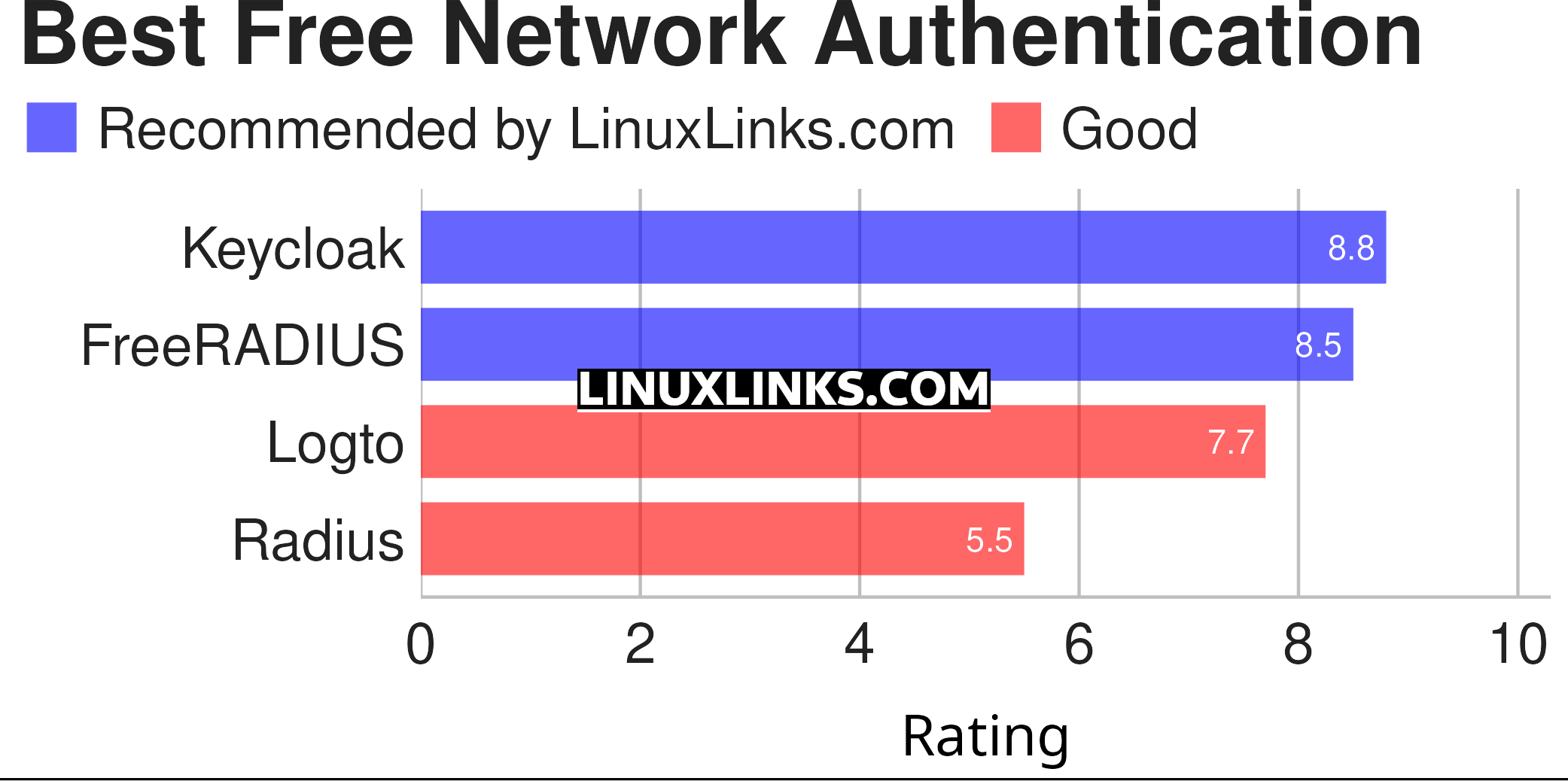Remote Authentication Dial In User Service (RADIUS) is a networking protocol that offers centralized connection authentication, authorization, and accounting management for various types of network access. RADIUS is mature technology having been developed almost twenty years ago.
Traditionally, this type of server was typically deployed by organizations that operate large banks of modems. However, the technology underpins secure network access for network appliances, wireless and virtual private network (VPN) connections. Internet service providers use RADIUS attributes in Digital Subscriber Line (DSL) and cable connections to ensure that users are connected to the correct services, reject connections for expired accounts, IP allocation, and to carry out accounting functionality. Nevertheless, these network authentication servers can be used on any network that needs a centralized authentication and/or accounting service.
To provide an insight into the quality of software that is available, we have compiled a list of 4 network authentication tools. Hopefully, there will be something of interest here for educational institutions, internet service providers, and other commercial organizations. We give our strongest recommendation to Keycloak and FreeRADIUS.

Let’s explore the 4 network authentication tools. Click the links in the table below to learn more about each application.
| Network Authentication Servers | |
|---|---|
| Keycloak | Identity and Access Management solution for modern Applications and Services |
| FreeRADIUS | High-performance and highly configurable RADIUS server |
| Logto | Modern Auth0 alternative |
| Radius | Remote user authentication and accounting and accompanying utilities |
This article has been revamped in line with our recent announcement.
 Read our complete collection of recommended free and open source software. Our curated compilation covers all categories of software. Read our complete collection of recommended free and open source software. Our curated compilation covers all categories of software. Spotted a useful open source Linux program not covered on our site? Please let us know by completing this form. The software collection forms part of our series of informative articles for Linux enthusiasts. There are hundreds of in-depth reviews, open source alternatives to proprietary software from large corporations like Google, Microsoft, Apple, Adobe, IBM, Cisco, Oracle, and Autodesk. There are also fun things to try, hardware, free programming books and tutorials, and much more. |
